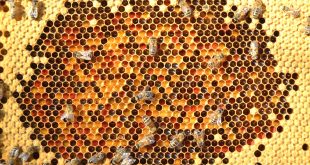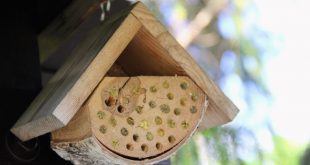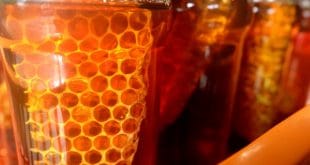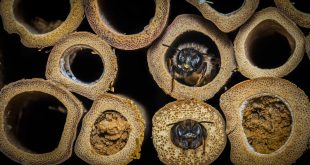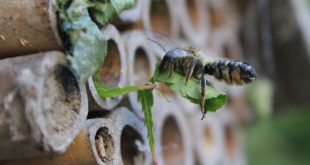Enhance your beekeeping skills with our guide on reading beehive frames. This article is a must-read for beekeepers looking to quickly and accurately identify different types of cells in a hive. Learning to distinguish between honey, pollen, worker, drone, and queen cells at a glance is crucial for effective hive management and understanding the health of your colony.
Read More »Best Books on Keeping Mason Bees
Reading the best books on keeping mason bees is a reliable way to get knowledge about mason beekeeping. It is useful for both when you are preparing to start mason beekeeping as well as improving your knowledge and skills for experienced beekeepers. Books about mason bees cover a wide range of topics that are all relevant to keeping mason bees. You can buy these books from various sellers or borrow from friends who have the books in their libraries. If you have a mason beekeeping book, you should be willing to share it will fellow mason beekeepers as long as they keep it in pristine condition. This article reviews the best books on keeping mason bees that are most relevant and which you should read.
Read More »An Introduction to Mason Jar Beekeeping
Delve into the world of mason jar beekeeping with this insightful introduction. Learn about the equipment, setup, and advantages of this unique beekeeping method. Whether you're a novice or an experienced beekeeper, this resource offers valuable insights into an alternative approach to caring for your bee colonies. Explore the fascinating realm of mason jar beekeeping and embark on a journey toward sustainable and thriving hives.
Read More »How to Attract Mason Bees – Beginner’s Guide
Mason bees are closely related to honey bees, but they do not make honey. Mason bees get their name from their characteristic behavior of using mud like bricks to build their nests. They are a great alternative to keeping honey bees. There is an average of 200 mason bee species found in varying distribution around the globe. Mason bees are great pollinators, and are easy to keep. Starting mason beekeeping requires beekeepers to know how to attract mason bees, which we'll discuss in this article.
Read More »Tips for Success with Mason and Leafcutter Bees
Solitary bees are better at plant pollination than honeybees. Here is an exploration of solitary beekeeping and tips for success with mason and leafcutter bees. Mason bees get their name from using mud to build their nests. Leafcutter bees use bits of leaves to build their nests. They are unlike honeybees that live in a colony, and use wax among other materials such as propolis to make their habitat. Honeybees also produce honey and other beehive products. Strong jaws and large lips on mason and leafcutter bees are suitable for collecting materials for building nests. This article looks at best practices to help you with keeping, with a focus on mason and leafcutter bees. Use these tips for success with mason and leafcutter bees and enjoy great pollination for your plants.
Read More » BeeKeepClub Resources and Guides for Beekeepers
BeeKeepClub Resources and Guides for Beekeepers

